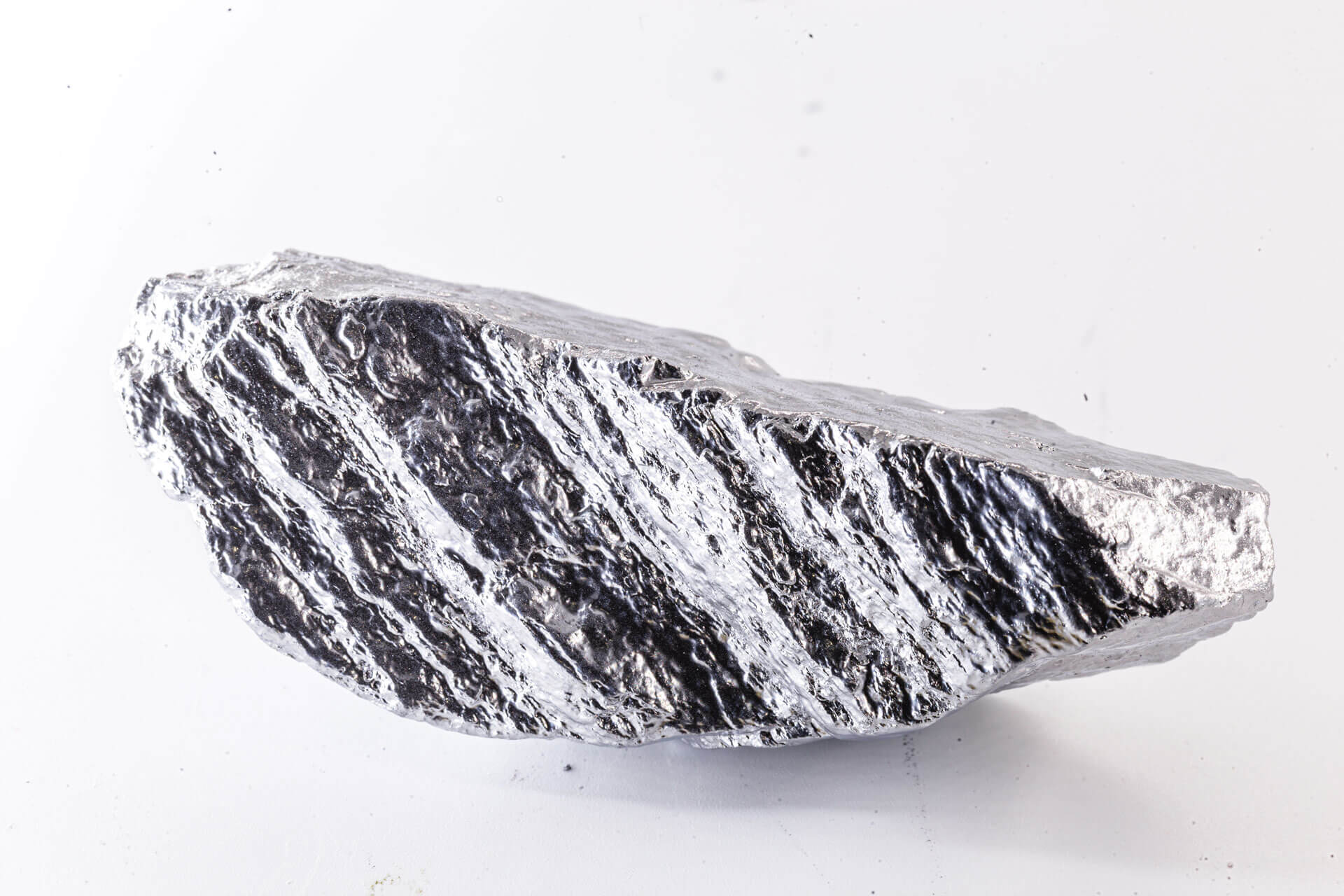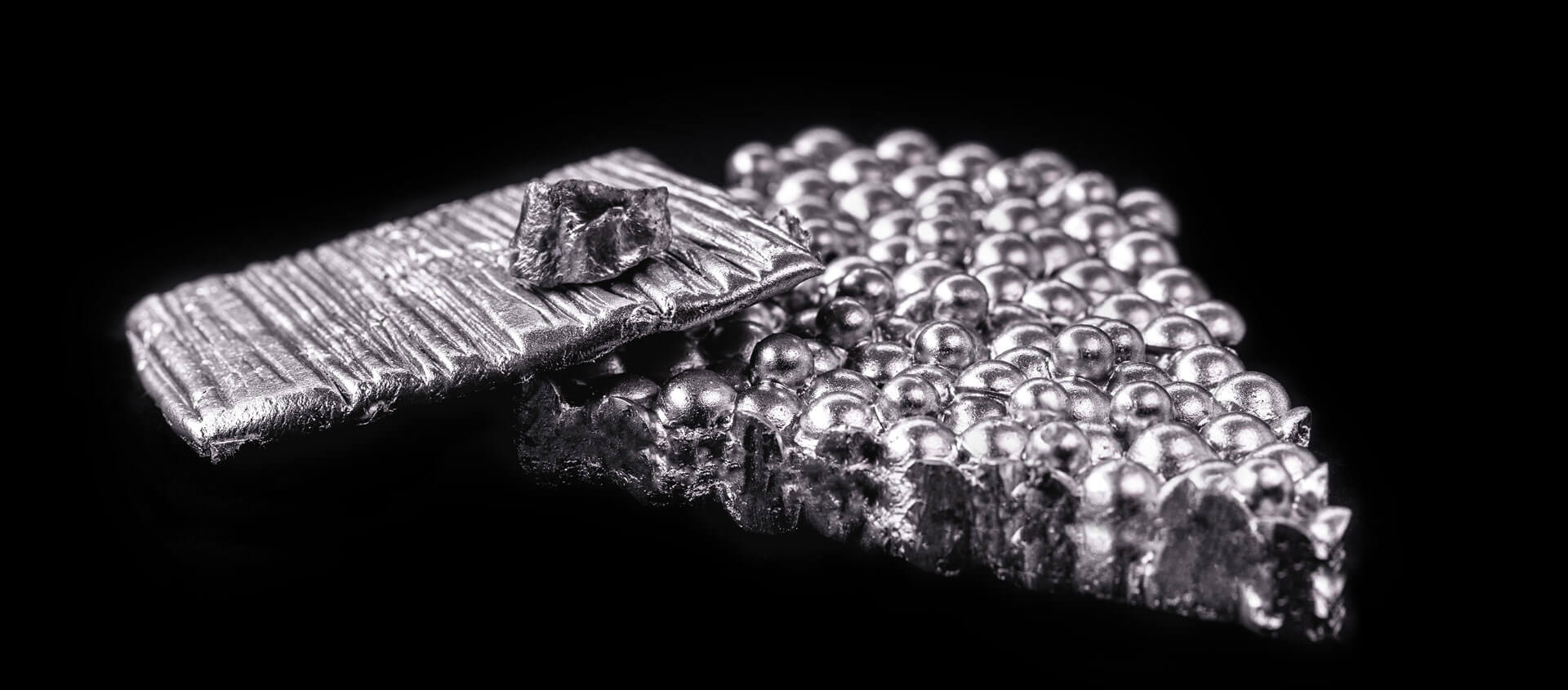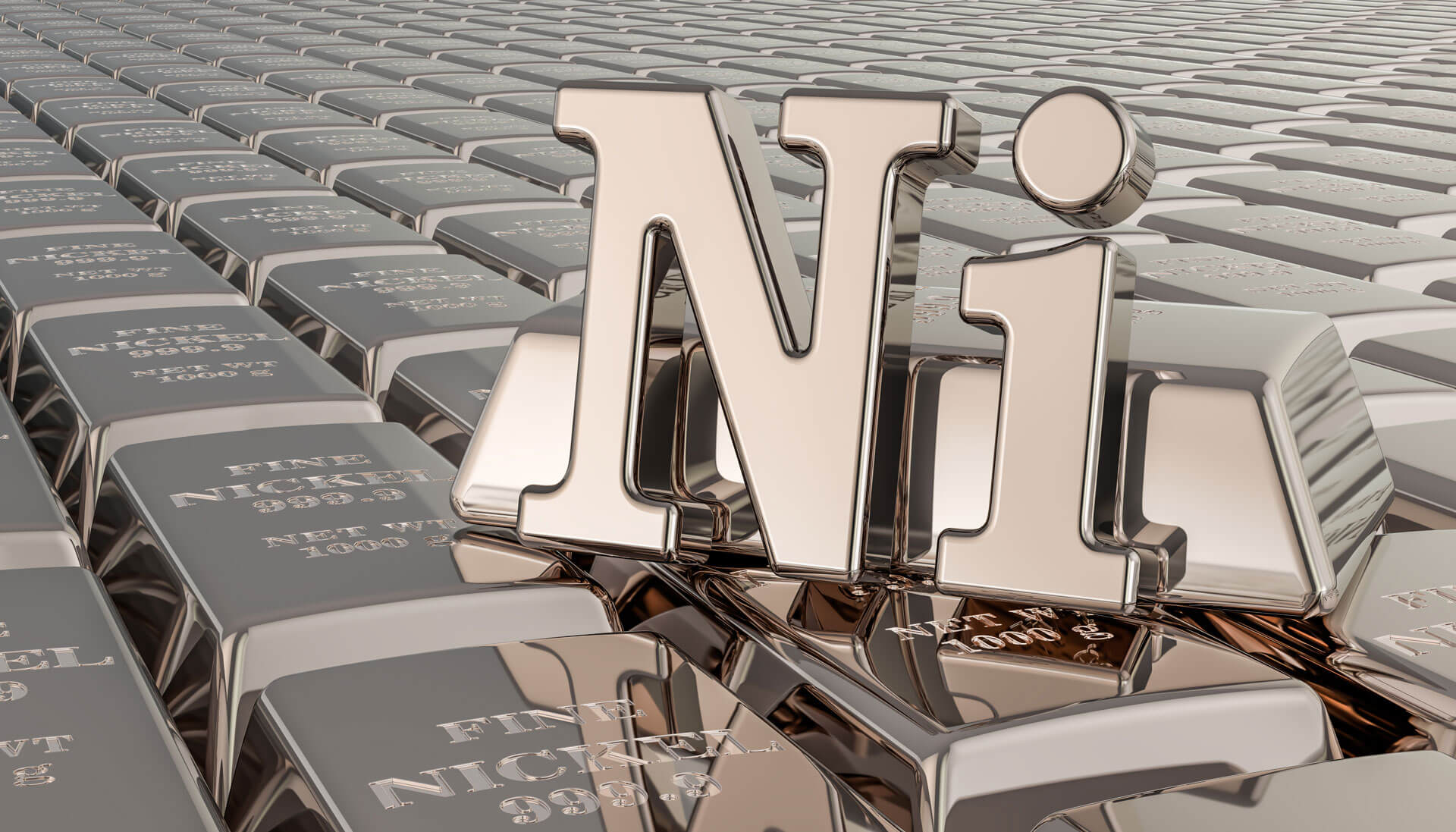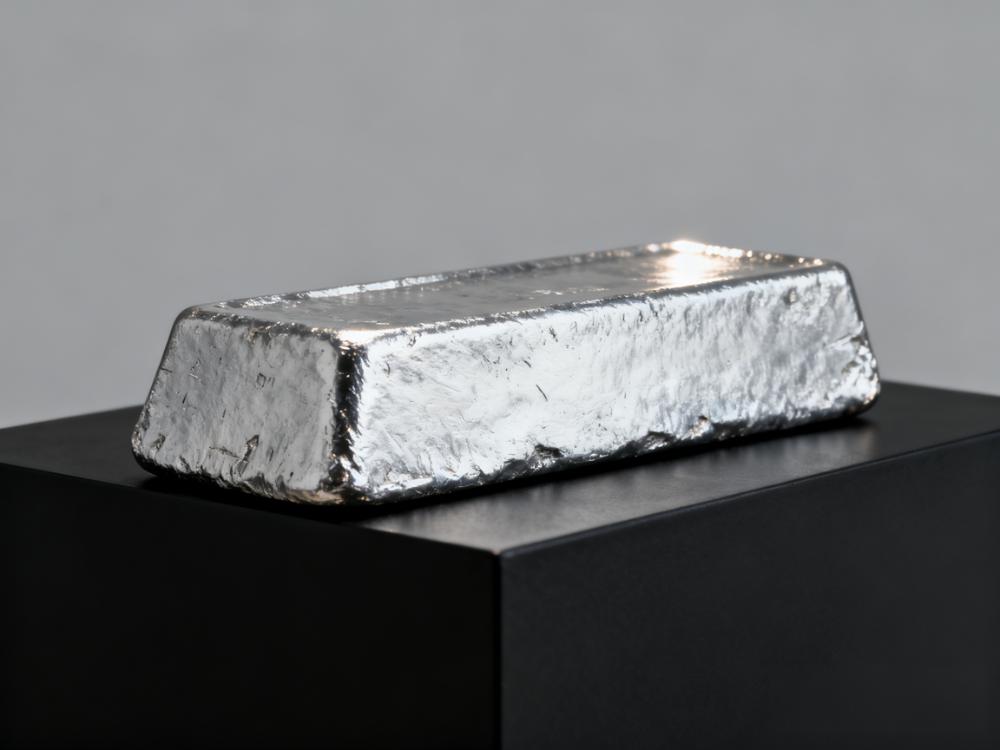1: Analysis of Potential Risks in the Indonesian Nickel Market due to Political Changes
Former President Jokowi and current President Prabowo have exhibited significant differences in their approaches to nickel development. President Jokowi advocated for the development of downstream industries, aiming to promote the processing and refining of mineral resources including nickel, reduce raw material exports, and increase product added value. His goal was to make Indonesia a global hub for electric vehicle battery production, laying the foundation for the high utilization of nickel resources. Jokowi's economic policies were relatively moderate, focusing on economic revitalization, attracting foreign direct investment, and supporting rural development and small to medium-sized enterprises. Politically, he was seen as a moderate reformer emphasizing unity and diversity, promoting harmony in Indonesian society.
In contrast, President Prabowo's economic policies are more nationalist, emphasizing economic self-sufficiency and protectionism. He advocates for enhancing domestic industries, reducing reliance on foreign investment, and implementing more state intervention in key sectors such as agriculture and energy. In nickel development, Prabowo has proposed enhancing national economic autonomy. Although he supports resource nationalization and strengthening Indonesia's position in the global nickel supply chain, his specific policies and positions may lean more towards military and defense perspectives. Prabowo is considered a more traditional, nationalist figure, politically inclined towards stronger leadership and nationalism.
In summary, there are significant differences in Jokowi and Prabowo's attitudes towards nickel development. Jokowi focuses on revitalizing the economy through infrastructure development, attracting foreign investment, and promoting the processing of mineral resources, while Prabowo emphasizes economic self-sufficiency and protectionism, advocating for enhancing domestic industries and state intervention. Their respective positions on economic policy and nickel development reflect their different ideologies and priorities.
2: Approval Delays for Indonesian Nickel Mining RKAB, Exacerbating Market Concerns over Nickel Ore Shortages
From a fundamental perspective, regarding supply, we have noted varying degrees of changes in domestic and international smelting capacities, particularly in domestic smelting plants that may draw market attention. Specifically, data on domestic nickel pig iron production indicates that production reached 28,400 tons of nickel in January. However, existing forecasts suggest that production in February may face further declines, clearly indicating a gradual reduction in domestic supply. Compared to the domestic market, nickel pig iron production in Indonesia has also decreased. According to SMM research, Indonesia's production reached 121,900 tons of nickel in January, a 5.3% decrease from the previous month. Nevertheless, production in February is expected to be around 120,900 tons of nickel, a marginal decrease of 0.86% from the previous month, indicating relative stability in the Indonesian market's supply.
As for demand, the estimated stainless steel production in the Chinese market in January was approximately 2.893 million tons, a decrease of 4.05% from the previous month. Considering that February is the Chinese Lunar New Year period, production during this time is likely to continue to decline due to routine holiday maintenance at steel mills. The demand for stainless steel in the Indonesian market has also shown a similar declining trend, with production in January decreasing by 7.23% compared to the previous month, and this downward trend is expected to continue in February due to seasonal factors. In terms of inventory, as of the end of February, the inventory of high nickel pig iron in major regions of China was 279,500 tons, an increase of 1.45% from the previous month, mainly due to weak demand. On the cost side, the approval of RKAB by the Indonesian government has affected nickel ore prices, and due to policy tightening, the cost of NPI smelting in Indonesia has correspondingly increased. This cost increase may exert upward pressure on NPI prices.
From a domestic policy perspective, the measures proposed by the Chinese State Council to eliminate some outdated production capacity, especially the rectification of semi-closed furnaces in the nickel-iron industry, may further reduce domestic capacity. Meanwhile, Indonesia's slow progress in approving nickel mining quotas may lead to price increases in raw materials. In order to alleviate the tense situation of nickel ore resources, Indonesian smelters may turn to purchasing nickel ore from the Philippines, and this increase in demand has pushed up the prices of Philippine nickel ore. Overall, despite the weak state of supply and demand in the current nickel pig iron market, coupled with the impact of the Indonesian RKAB policy and the rising costs of NPI, the market seems to have gained some balanced support. The key to the future trend of nickel prices will depend on whether demand can keep up with supply adjustments and changes in the macroeconomic environment.
3: How Will Nickel Pig Iron Prices Perform in the Future?
Based on the above analysis, in the short term, due to the impact of the Indonesian RKAB policy, nickel ore prices may experience some adjustments within the month, and the increase in raw material prices will result in increased costs for nickel pig iron. Given the expectations of production cuts in Indonesia and globally, global nickel pig iron production in February is expected to decline. In terms of demand, currently in the off-season for the stainless steel industry, coupled with the decrease in domestic and Indonesian production, demand for nickel pig iron is showing a weakening trend. Currently, both ends of the nickel pig iron market supply and demand are weak, but the Indonesian RKAB approval process, if not meeting expectations, may provide some emotional support for nickel pig iron prices.
However, in the medium to long term, Indonesian high nickel pig iron production is expected to continue to increase. On the demand side, although global stainless steel production is also increasing, its growth rate is expected to be slower than the increase in high nickel pig iron supply. In summary, considering these factors, the nickel pig iron market may still face an oversupply situation, and there may be further downward space for nickel pig iron prices.



